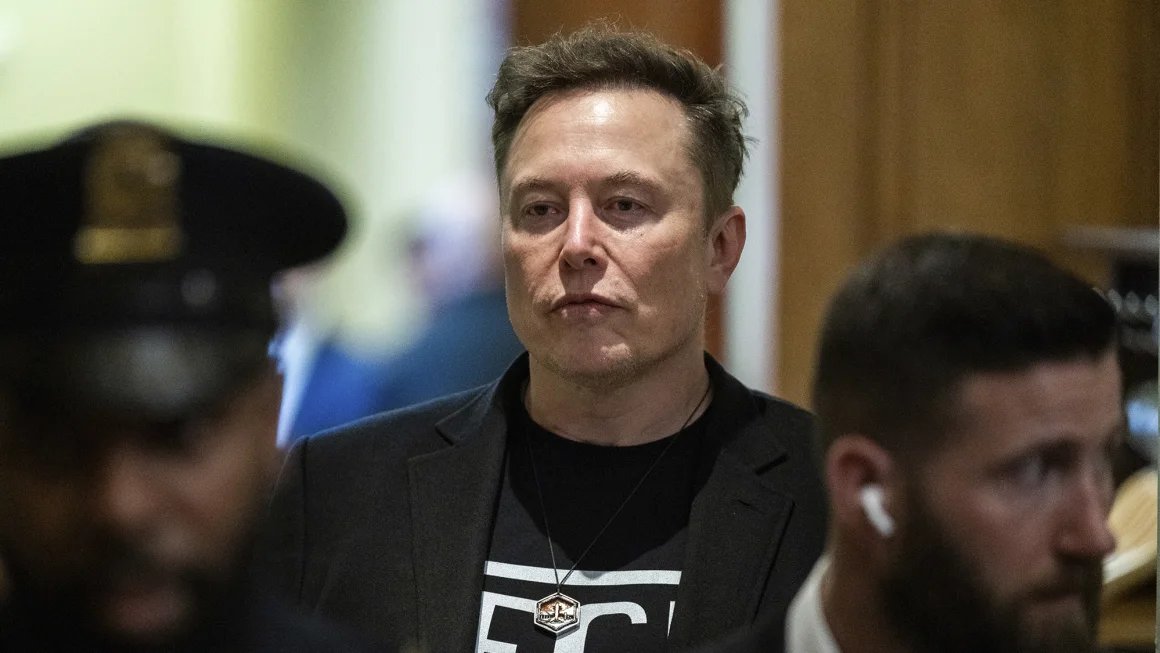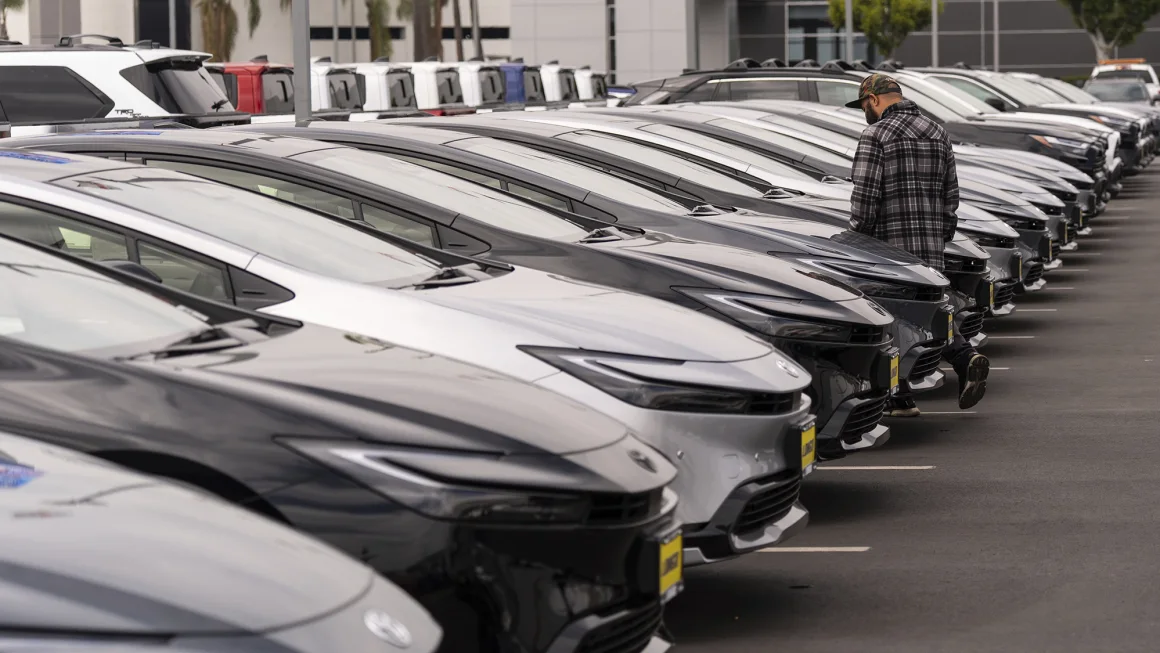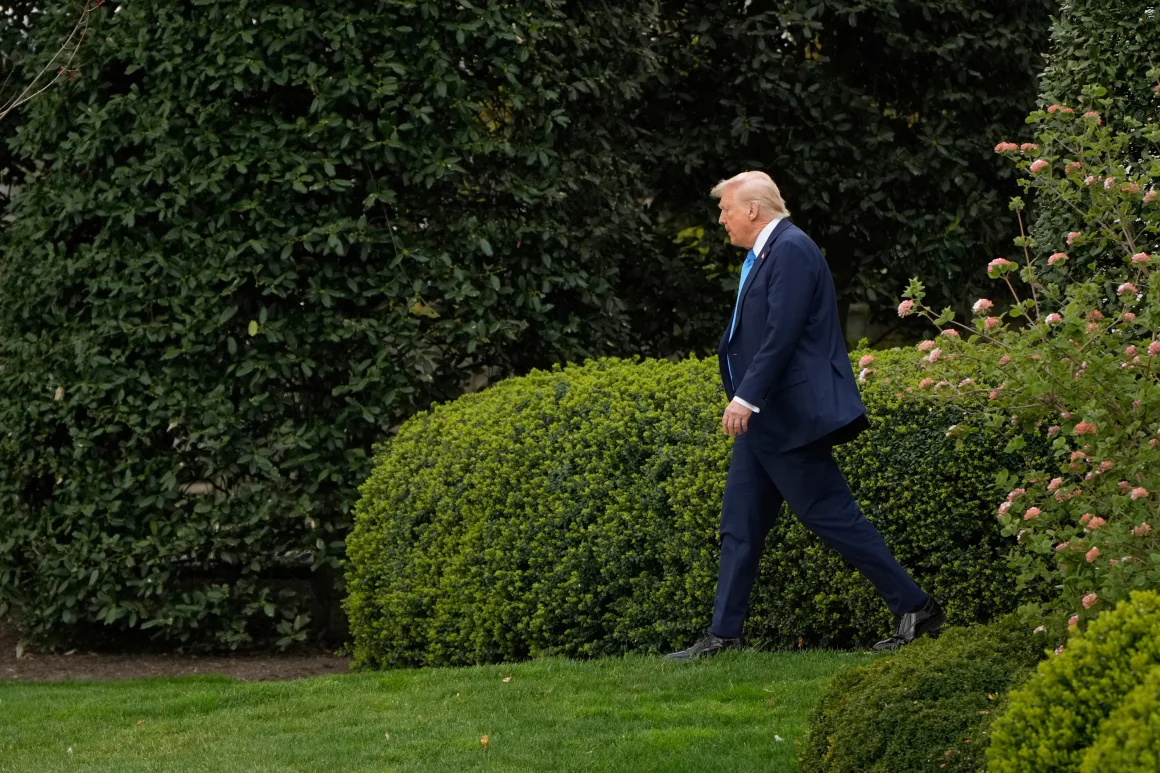A profound tragedy has unfolded in Myanmar following a powerful earthquake that struck the region, leaving widespread devastation in its wake. As rescue efforts continue, harrowing reports indicate that the air near the epicenter is heavy with the smell of death, a grim reminder of the human cost of this natural disaster.
The earthquake, which registered as one of the strongest to hit the area in recent years, has caused significant damage to infrastructure, including homes, roads, and hospitals. Many communities are grappling with the immediate aftermath, with emergency services struggling to reach affected areas due to collapsed buildings and landslides. Eyewitness accounts reveal scenes of chaos and despair as residents dig through rubble in search of survivors, clinging to hope amid overwhelming heartbreak.
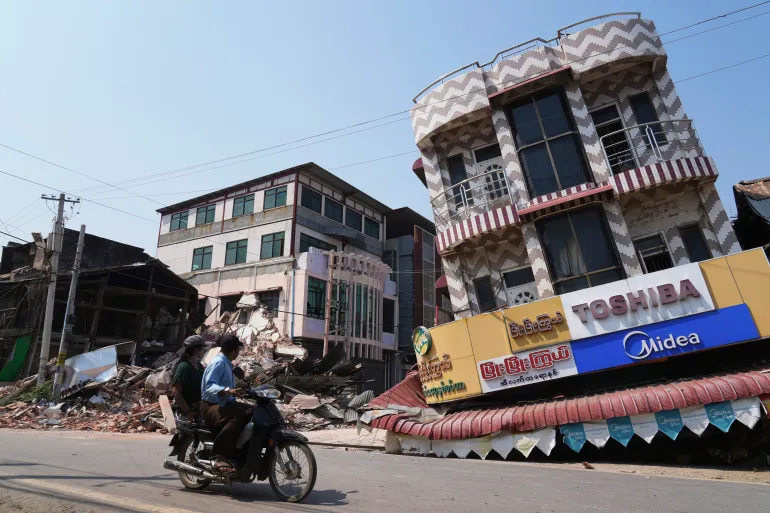
Local authorities and humanitarian organizations have mobilized teams to assist in rescue operations, but the sheer scale of the destruction presents daunting challenges. As search efforts intensify, the ongoing threat of aftershocks raises concerns about further casualties and complicates relief efforts. For many, the devastating odor surrounding the quake site signifies not only physical loss but also the psychological toll the disaster has taken on families and communities.
Survivors recount harrowing experiences of the tremors and the immediate chaos that followed, many expressing disbelief at the extent of the destruction. Relief agencies are urgently calling for assistance as they prepare to provide medical care, shelter, and supplies to thousands displaced by the quake.
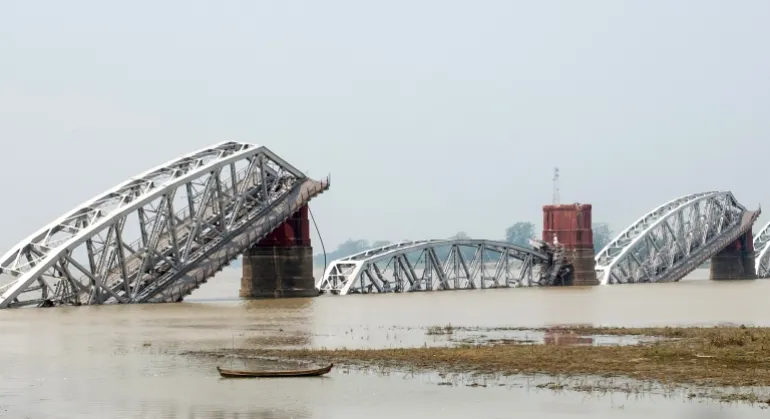
The situation demands a coordinated response from local and international communities to ensure effective aid reaches those most in need. With existing tensions and challenges in the region, navigating the political landscape while addressing humanitarian concerns is critical for effective support.
As the days unfold, families will be left grappling with loss, while rescue teams work tirelessly in their efforts to bring solace and aid in this time of unthinkable tragedy. The smell of death serves as a somber reminder of the fragility of life and the urgent need for compassion and resilience in the face of such overwhelming adversity. The journey to recovery will be long and arduous, but a unified response could provide a beacon of hope amid the shadows of despair.



